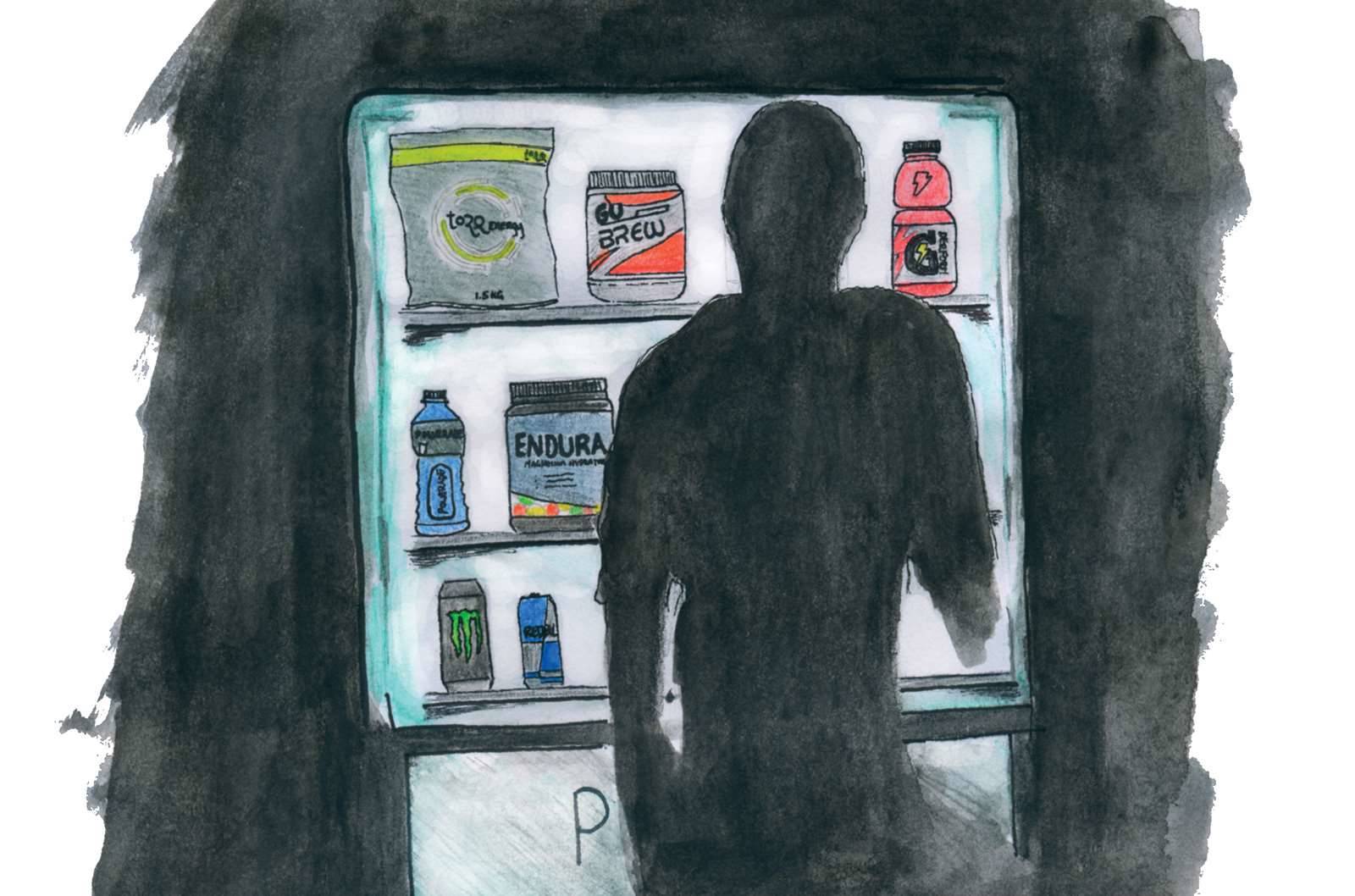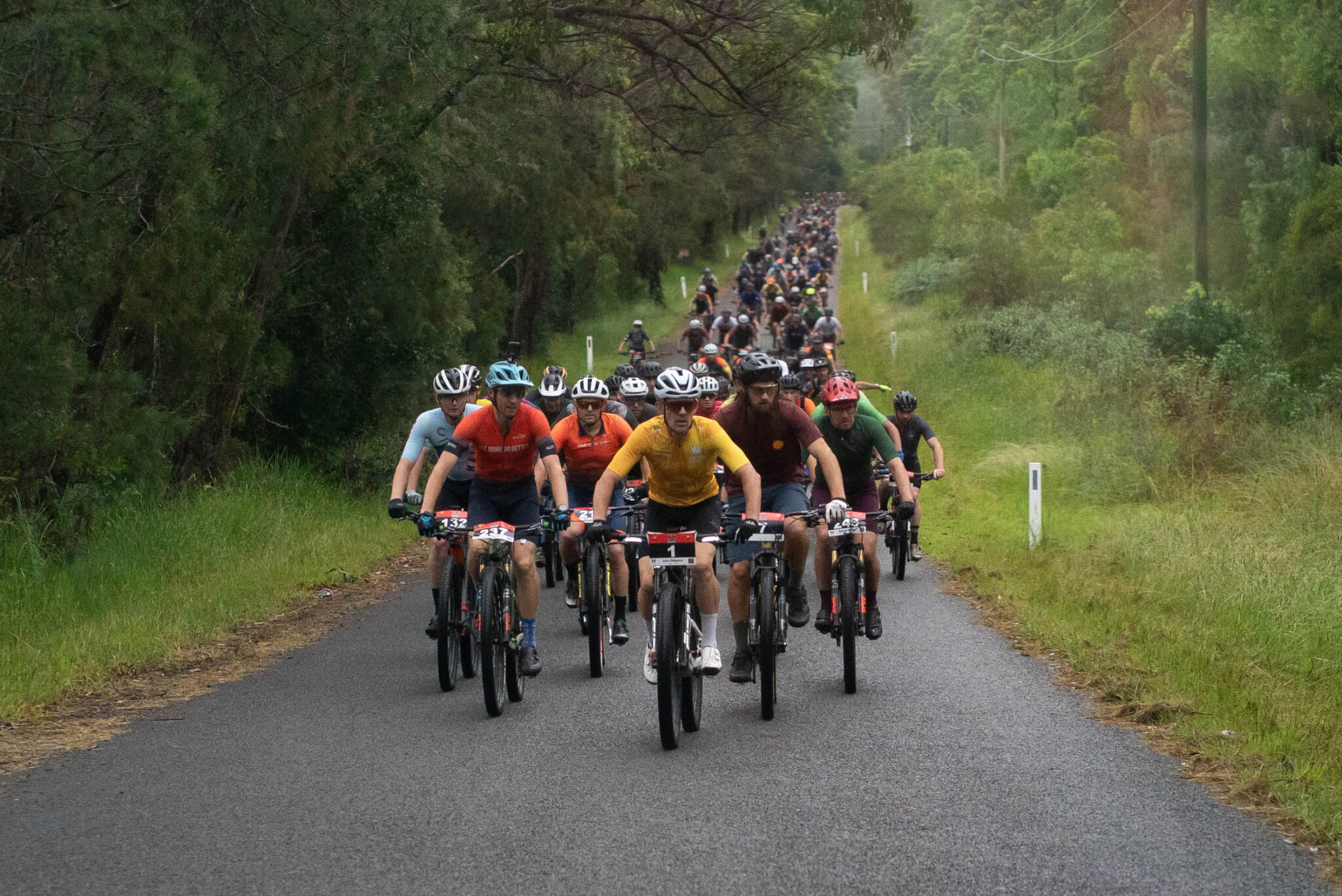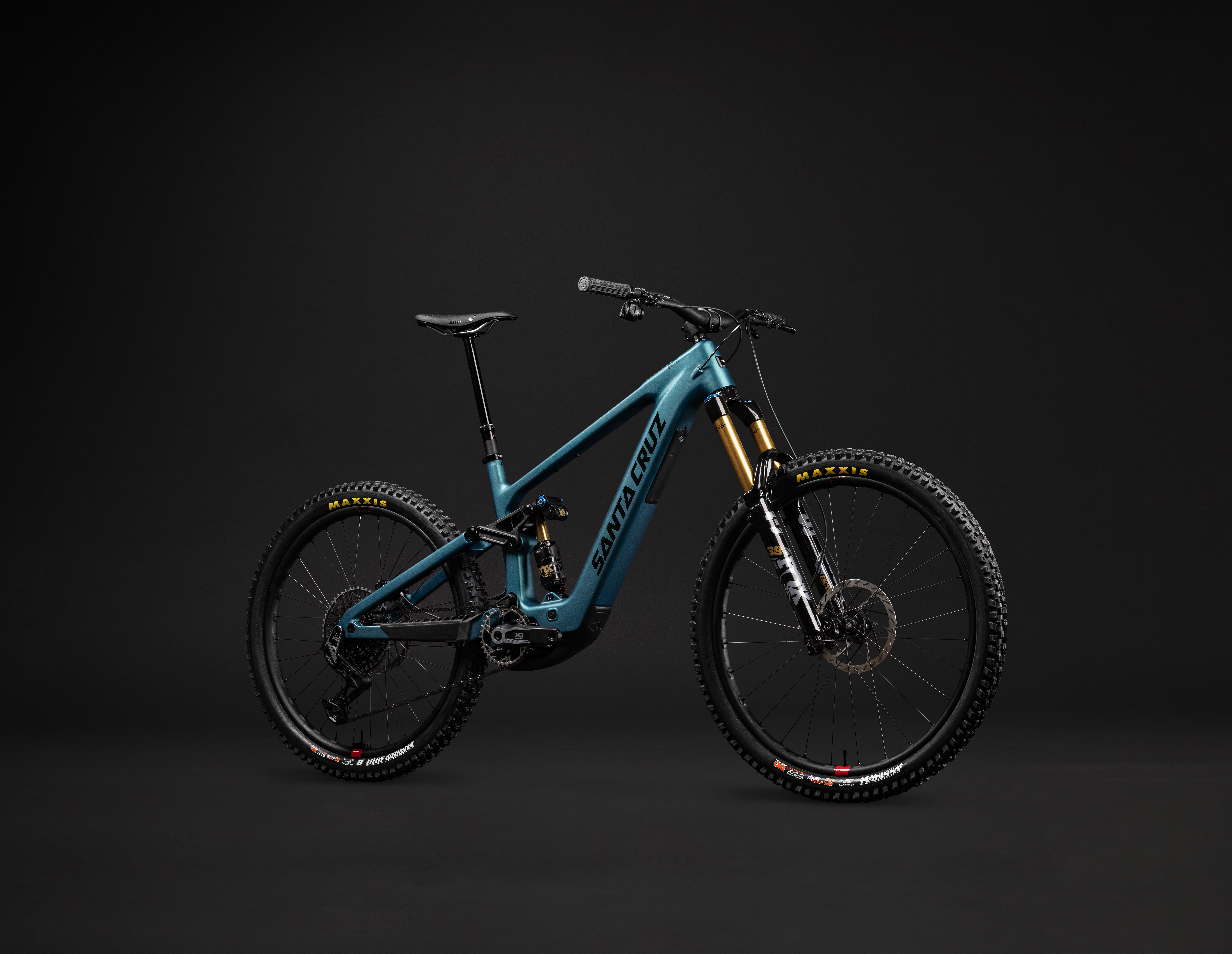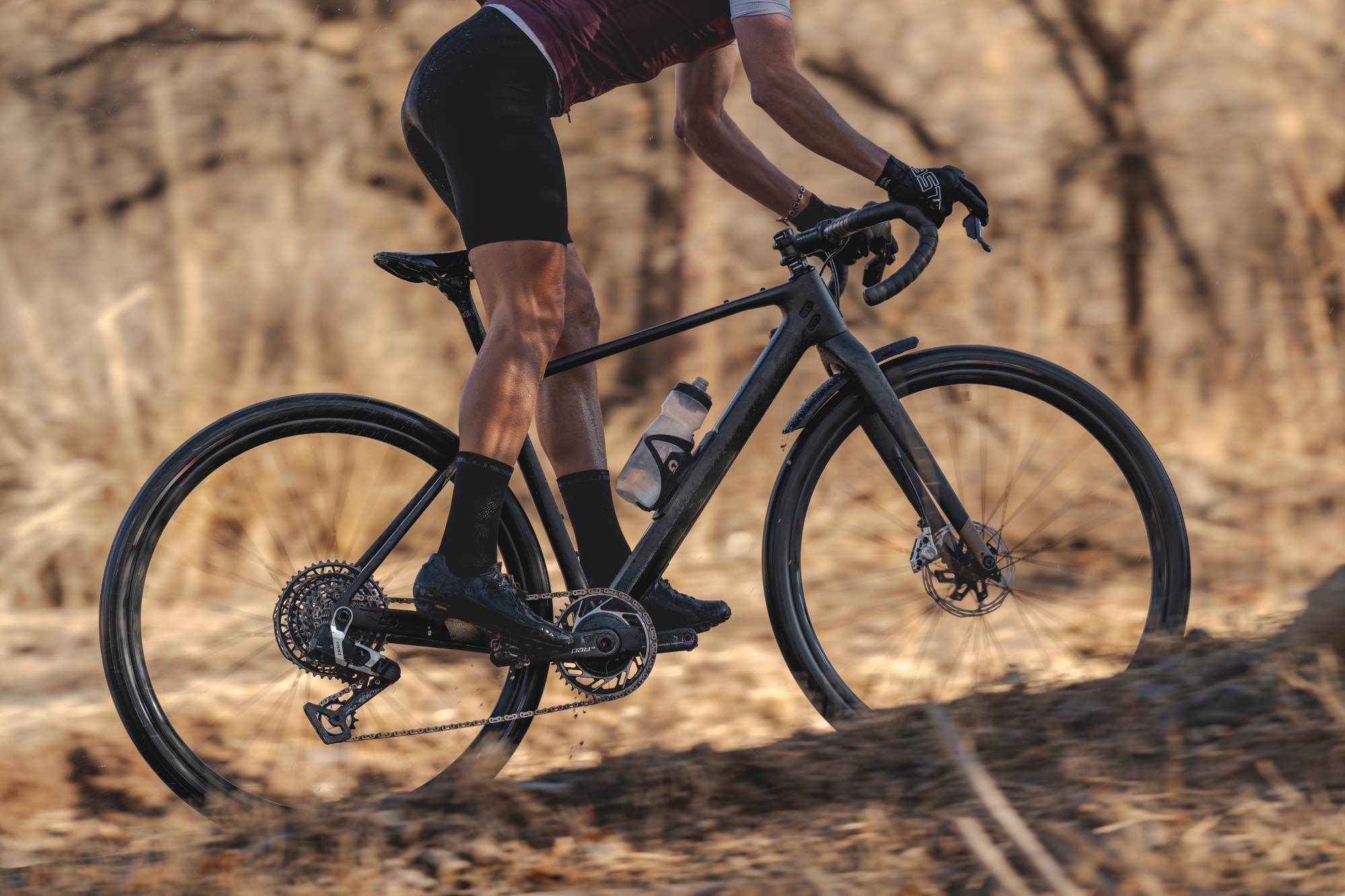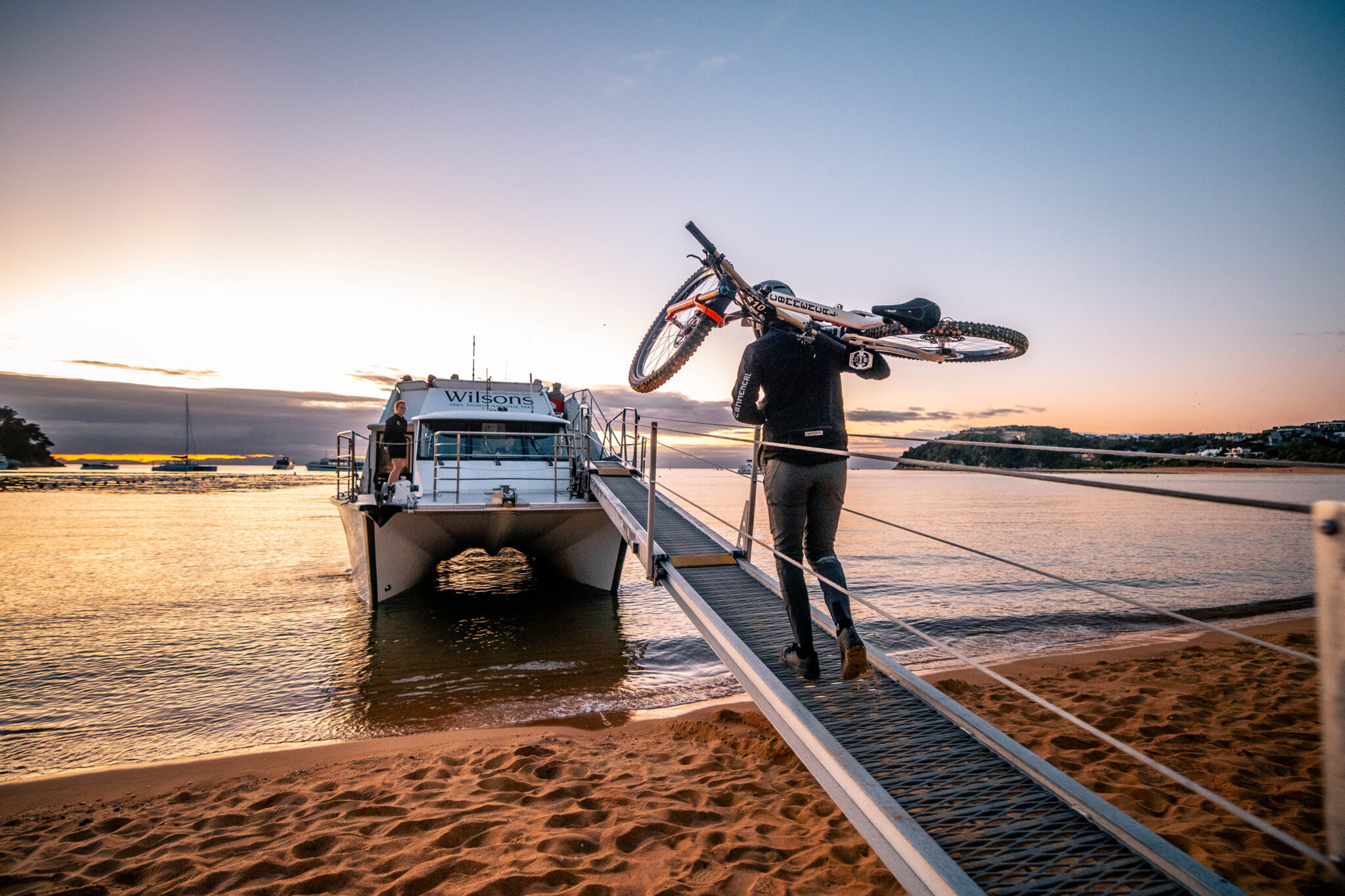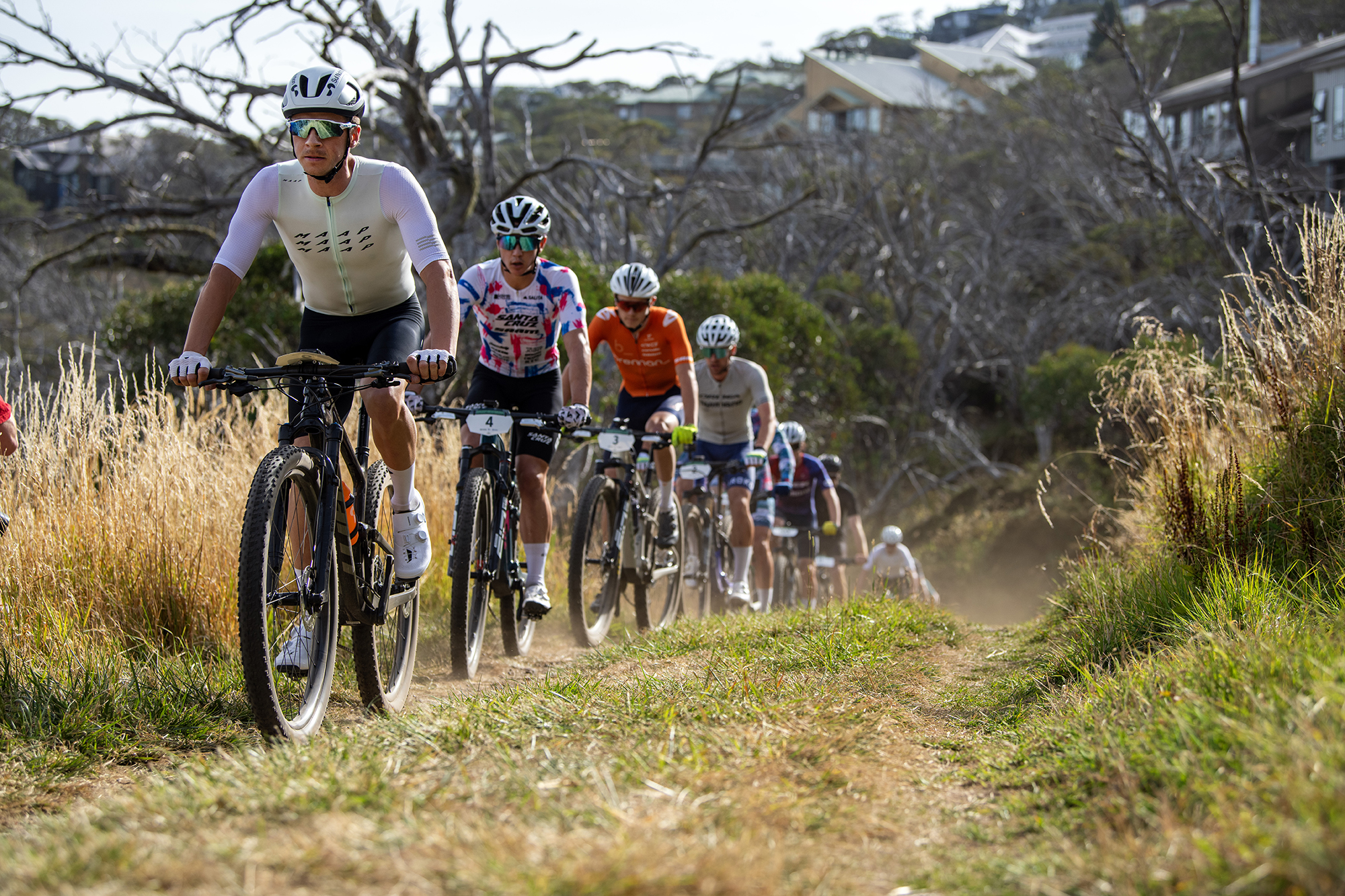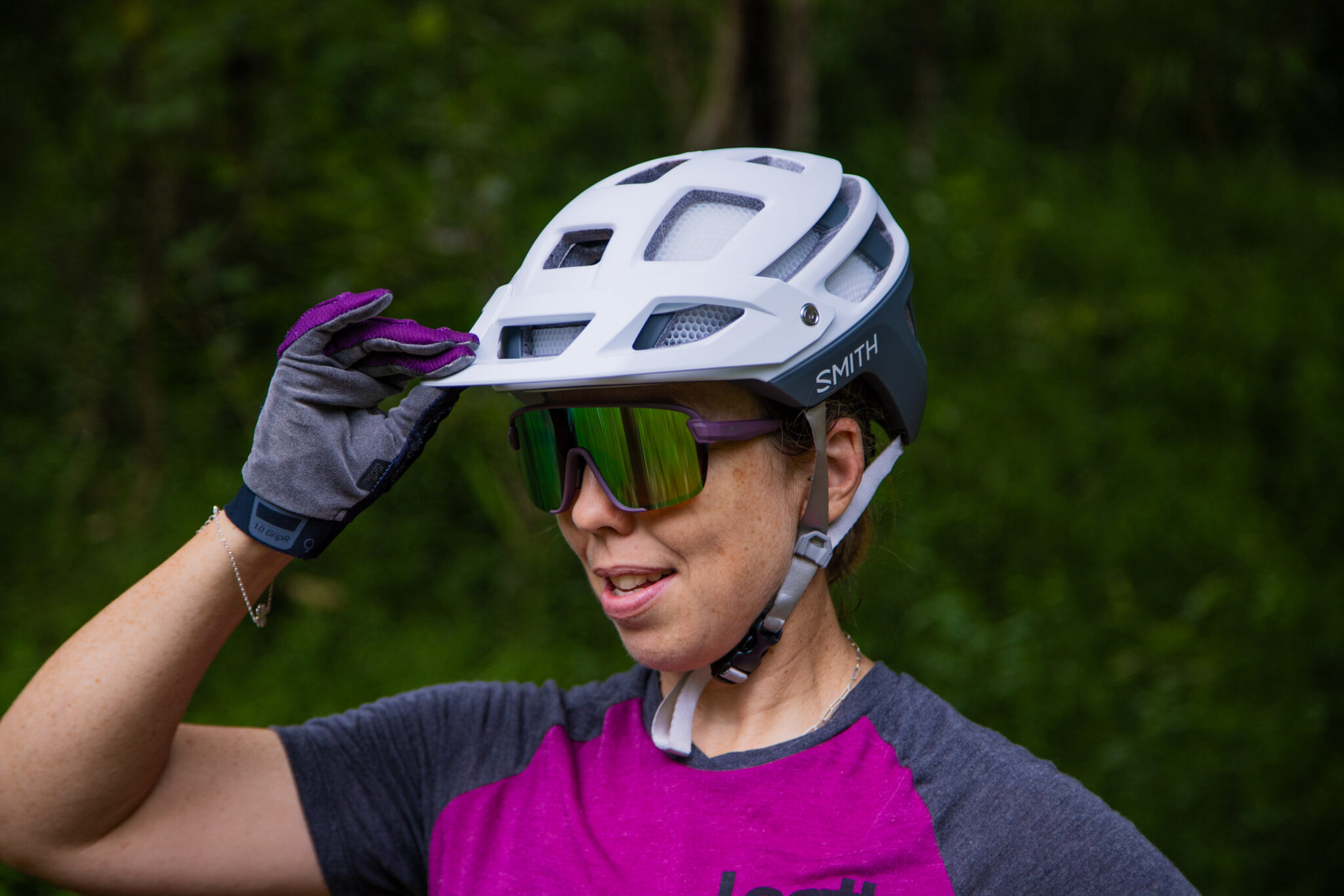Drink Up! How to choose (and use) a sports drink
With race season in full swing, getting the most out of your body on demand becomes top priority. Sports drinks can help, but only if you use them the right way. Dietitian Zoe Wilson shows you how.
Why is drinking during exercise important?
When we exercise we sweat, which can quickly lead to dehydration. Some research has shown just a two per cent decrease in hydration can leave you with up to a 20 per cent drop in your performance. A quick bit of maths… that’s a loss of only 1.4kg if you’re a 70kg rider. This decline in performance happens because as you dehydrate your body temperature rises and you’re less efficient at getting oxygen to your muscles. To put it simply, hydration could easily make or break your race.
Why are sports drinks helpful?
While sports drinks sometimes get a bad rap, they were designed for good reason. They contain carbohydrate (sugar) for your body to use as fuel during high intensity or an exercise session longer than an hour. But that’s not all – they also contain electrolytes and fluid to help replace the salt and fluid lost in sweat. The benefits of using a sports drink over water is that because they’re sugary and salty, you'll want to drink more, you’ll absorb more of the fluid you drink, and you’ll get fuel to your muscles quickly with less toilet stops along the way!
What Should I Look For in a Sports Drink?
Carbohydrate (sugar)
- Look for a sports drink that is four to eight per cent carbohydrate. Any less than four per cent and it may not be absorbed as effectively, and any more than eight per cent and you may experience gut trouble. Look for 4-8g in the 100g column on the label to be sure.
- Look for a 2:1 glucose to fructose ratio. Some research suggests choosing a sports drink with a blend of carbohydrates, such as glucose and fructose, rather than a single carbohydrate source like pure glucose may improve the amount of carbohydrate that eventually gets to the muscles to be used as fuel. They’re also less likely to cause you gut trouble and allow you to take on up to 90g of carbs per hour which is now recommended for long, strenuous events.
Electrolytes
- Ideally the concentration of sodium should be 500-700mg/L of sports drink. You can check this on the label (look for 50-70mg in the per 100ml column).
- Don’t worry too much about other electrolytes like potassium, magnesium and calcium. Although most sports drinks will contain these research is still ongoing as to their benefits to performance. Studies into magnesium specifically are suggesting that losses during exercise are not large enough to warrant its addition to sports drink to prevent cramping or hydration.
Flavour
- Make sure you like the taste! You won’t drink it if you don’t like it so this is very important. You may need to try a few different options to find a sports drink that suits you.
- Temperature also effects the taste, so try it both cold and warm (as if it’s been sitting in your bottle for an hour or so) to make sure you can stomach it.
Caffeine
- Small doses of caffeine (75-200mg) can help to sustain exercise performance and reduce your perception of effort. Doses of caffeine of this size won’t contribute to dehydration, but they can make you want to go to the loo, so make sure you practice using these in training first.
Protein
- For multi-stage races, having some protein in your sports drink can help to reduce muscle breakdown and improve recovery, so you’re better able to back up day after day. Look out for a drink that has a 4:1 ratio of carbs to protein for use on particularly long or strenuous days in the saddle.
Reading the label…
Read the label and look for a sports drink that has:
- 4-8g carbohydrate per 100ml
- A mix of carbs (i.e. fructose and glucose)
- 50-70mg sodium per 100ml
Optional extras:
- Caffeine
- Protein
When Should I Choose a Sports Drink?
Sports drinks are specially designed to replace the fluid and electrolytes that you lose in sweat and to provide energy in the form of carbohydrate to fuel the muscles and brain. Sports drinks can be used before, during and after hard sessions or races.
Before your race: You can use them to boost your hydration and fuel stores just before the starting gun. Aim to have 600ml within 30 minutes of the start.
During your race: Sports drinks are best used for sessions longer than an hour – shorter than this and water should be fine.
After your race: You can use a sports drink to help with rehydration and refuelling after a race, particularly if you have to turn around and back up the next day. Be sure to eat a solid meal with some protein like meat or dairy, too.
How much should I drink?
Depending on your race you want to try to take on up to 90g of carbohydrate in per hour – the more strenuous, the more carbohydrate you’ll need. If you are relying solely on sports drinks, this is about 750ml-1L per hour. You can top it up with other sources of carbohydrate like gels or bars, particularly if it is a cold day or you struggle with drinking. If your sports drink uses only glucose as the source of carbohydrate, aim for 60g of carbs per hour (any more than that won’t be absorbed. See ‘What to look for in a sports drink’).
BOTTOM LINE
Choosing the right sports drink and using it properly can have a big impact on your performance. As with any sports nutrition, make sure you practice using your sports drink in training so you know it works for you and be aware that you might need to try a few before you find something that suits. If you need help to develop a hydration and fuelling plan, a Sports Dietitian can help. Visit www.sportsdietitians.com.au to find one near you.

